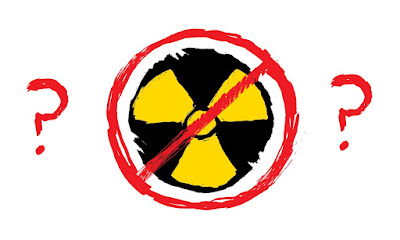Somehow, we seem to tolerate lower standards of behaviour from those at the top of an organisation than those of lower rank. It's as if, the higher you go, the more dishonest or incompetent you are permitted to be.
The expression of grumbling people goes, "one rule for them, one rule for us".
Rule of the incompetent?
From Hillary Clinton's use of a private email server for government purposes, to Boris Johnson's lockdown parties and Rishi Sunak's wife Akshata Murty's tax avoidance, there seems to be no shortage of recent scandals with politicians proving apparently less competent or diligent than a fresh civil servant.
In the case of Boris Johnson's parties, it was aide and spokesperson Allegra Stratton who ended up tearfully resigning, rather than the Prime Minister many believed should make his own exit. Just like that, all too often, it is the people of a lower rank and significantly less responsibility who end up making exactly such a tearful exit from their role, while those with the ability to wreak havoc remain secure at the top of an organisation, despite their bumbling.
If one is sufficiently powerful, one may even be promoted to ever higher and higher roles, despite sackable levels of incompetence being continuously on display. Many within the UK Civil Service complain that this occurs within their organisations, at all sorts of places far less significant than Downing Street.
Privilege and informal aristocracy
The answer may be, simply, privilege. Ever since the days of feudal authority, from which the presently established authority in the UK evolved without any interruption (an interruption like, say, the Revolution in France), the rulers (or in military terms, officers) were entitled to things others were not. They were allowed to fail, too, with fewer consequences.
Being of a higher class or caste has no meaning, unless it means all sorts of consequences are lighter for you than others. That being said, the UK has been able to function well throughout our history. Therefore, the existence of the unaccountable, informal (or even formal) aristocrats can't really be impairing the ability of organisations to work effectively, even in the public interest.
It is easy, when reading such things as the above, to feel a kind of rage against those people in the unaccountable class or caste, but our rage may then blind us to this socially unjust system's possible utility. Countries that became too enamoured with equality and overthrew their privileged unaccountable class, such as France or Russia, did in fact experience a kind of administrative and military inefficiency for a period of time until privilege of some kind arose again, whether under Napoleon or under Stalin.
A division of labour?
In any effective organisation, there will be a division of labour. If one is expected to manage, one cannot also be accountable to every little chimney sweep being managed. One is playing a very big game in which people are mere pawns, cogs in the machine. As grotesque as it might seem to those of us who are reduced to cogs, it might be necessary for the ruler to do their job, that their errors are treated as a lighter affair than ours, even if they hurt us.
There must be people with privilege, to whom the bungling of countless people's lives and the insults towards many more must be a forgivable sin. If such privilege were to be abolished, the remaining people tasked with administration could be paralysed by indecision or transfer blame to others rather than admitting it and asking forgiveness.
The rarity of leaders?
Another reason may be that people with leadership qualities are simply rare and, therefore, forgiving them has to be more common than forgiving someone who is more easily replaced.
People with leadership qualities are rare enough, without being discouraged and suppressed, so letting them be privileged and make mistakes is a sort of sacrifice made so that we can have these leaders. A class that is allowed to make mistakes, and has protection from the consequences, can learn and grow to be more experienced and effective in an art that, we must admit, most people just aren't cut out for.
In the grand scheme of things, neither Boris Johnson's alleged peripheral involvement in lockdown parties, nor Rishi Sunak's wife's actions, seem like sufficient reasons for either of them to leave their posts. However annoying to you, their personal conduct did not result in them mismanaging the nation in any way, and should therefore be forgiven. If we have people in charge who can manage the country well enough that these were the only big complaints against them, we should complain less.
It should be added, however, that, even despite still having aristocrats, in Britain we do seem to hold leaders to a higher standard of behaviour than the Americans do. Our leaders at least have to humble themselves and apologise, and can't handwave things away or sit smugly.


















